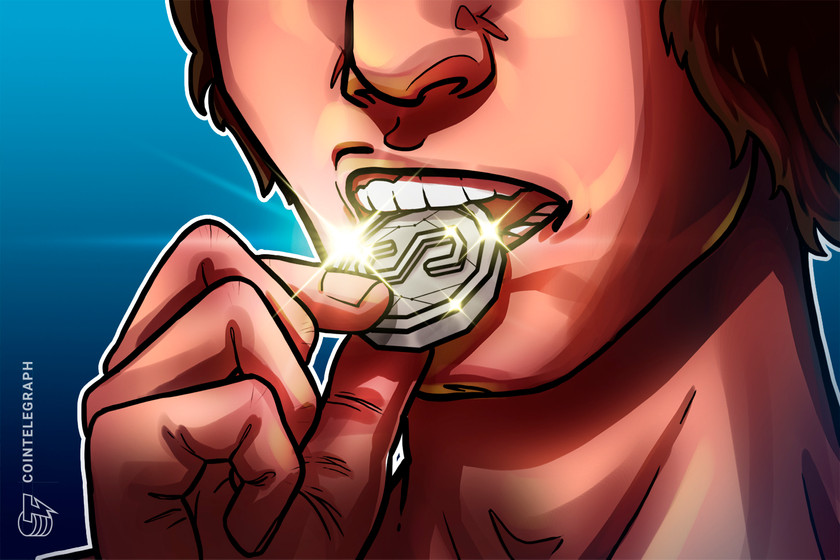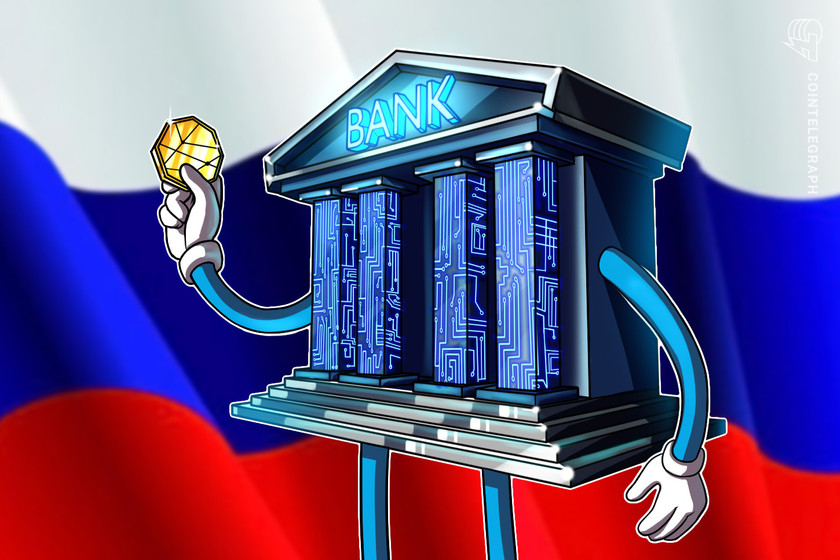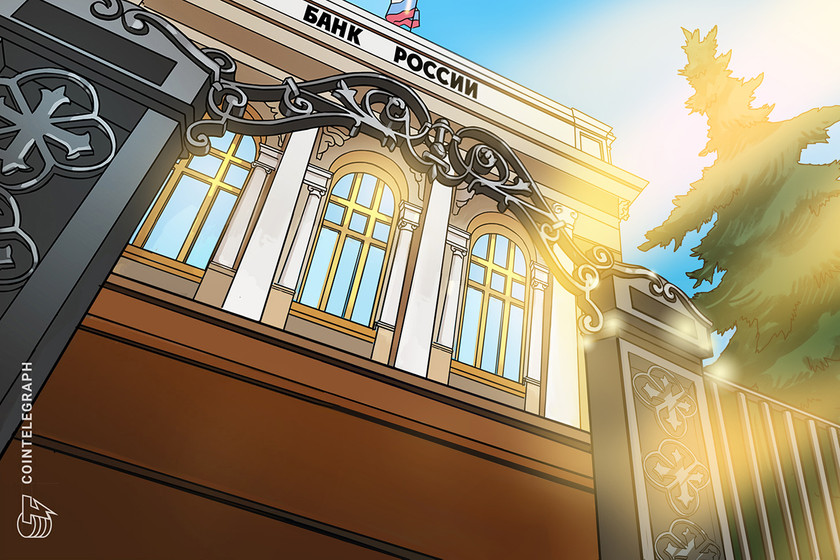‘Token will defeat cryptocurrency’: Russia debuts palladium-backed stablecoin


Backed by a sanctioned Russian oligarch, Atomyze became Russia’s first legal digital asset manager, obtaining registration from the central bank in February 2022.
The Russian government-backed tokenization platform Atomyze has issued its first digital asset backed by palladium in collaboration with the local bank Rosbank.
Rosbank officially announced on Monday that it became the first partner of the Russian blockchain firm Atomyze, acting as an investor in Russia’s first digital asset deal with palladium.
According to the announcement, the newly issued digital asset is the first digital financial asset (DFA) issued through Atomyze. The platform obtained registration from the Bank of Russia in February 2022, becoming the country’s first legal digital asset manager.
Both Atomyze and Rosbank are backed by Interros, a Russian conglomerate and investment firm co-founded by sanctioned oligarch Vladimir Potanin. The CEO of the Russian nickel and palladium mining and smelting company Nornickel originally announced plans to tokenize palladium back in 2019 through a Switzerland-based palladium fund.
According to an announcement by Interros, Atomyze will serve as a key element of Interros’ digital ecosystem including Potanin’s recently acquired private bank Tinkoff, software engineering firm Reksoft and Rosbank.
“This is a truly significant event. Russian businesses and individuals have the opportunity to invest in this metal,” Potanin said in the announcement. The event also marks Russia’s economy entering a new period, the “era of tokenization,” the oligarch noted.
Related: Bank of Russia opposes private stablecoins in the country
Potanin also expressed confidence that Atomize-issued digital financial assets like the palladium token will sooner or later displace cryptocurrencies like Bitcoin (BTC), stating:
Unlike cryptocurrencies […] industrial and other tokens are backed by physical assets, and the use of blockchain technology makes their transactions reliable, convenient and transparent. The token will defeat the cryptocurrency, pushing it to the sidelines of the digital economy.
While both Atomyze or Rosbank refer to the new investment product technically as the “palladium token,” the product has characteristics of a stablecoin backed by precious metals. “The innovative product entitles Rosbank to a cash claim equivalent to the market value of palladium,” the bank said in the announcement.
As previously reported by Cointelegraph, major global stablecoin issuers like Tether and Paxos debuted gold-backed stablecoins a few years ago.











